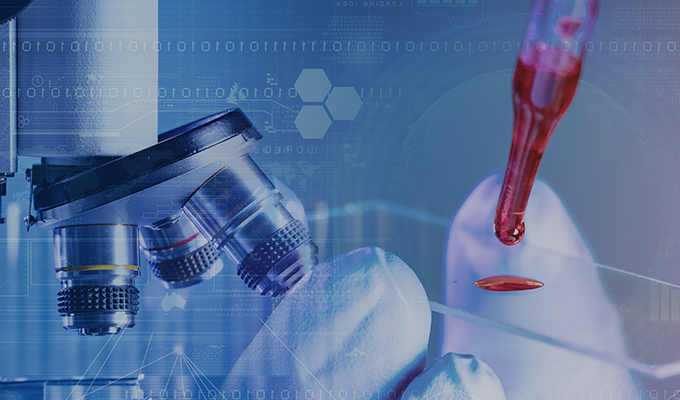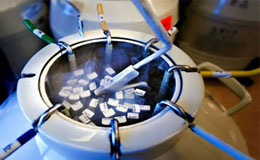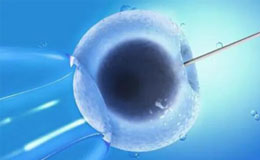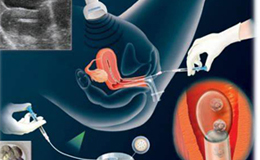NEWS
Do frozen eggs need to be injected? How long does it take?
2021.11.18 1008
Before choosing frozen eggs, young women will know about the related problems, especially whether it will cause harm to the body. After all, they are more afraid of the harm to the uterus when they are older. The following is to share the risks of frozen eggs. Frozen eggs will cause harm to the body Is it hurt? Let's see.
Freezing eggs and preserving fertility become the "only regret drug" in women's life. As time goes on, women's ovaries continue to decline, and the quality of eggs decreases with women's age. However, the aging of uterus is far slower than that of egg (the gestational capacity can be maintained to 45-55 years old). As long as the young egg is frozen and preserved, the gestational capacity is preserved. Frozen eggs provide an opportunity for late childbearing women to delay the birth clock.
Note: according to the data provided by the American Society for assisted reproduction, the quality of women's eggs begins to decline after the age of 27, and the rate of decline in the quality of eggs after the age of 35 accelerates and ends the peak of fertility. With the decline of fertility, the possibility of chromosomal abnormality of eggs increases, and the probability of abortion also increases.
Risk of frozen eggs
1、Ovarian hyperstimulation. Ovulation promoting drugs are easy to cause ovarian hyperstimulation, ascites and hydrothorax in women with multiple follicular development. Those who are serious need to be hospitalized.
2、There is a risk of infection. Although egg retrieval is a "minimally invasive" small operation, it also has the possibility of bleeding and infection, and may damage the ovarian function
3、The recovery rate is not high. Compared with embryo freezing technology, there is still a gap. At present, the recovery rate of frozen embryo is over 95%, while that of frozen egg is only 70% - 80%.
4、There is no final conclusion about the influence on the offspring. There is no clear conclusion about the potential effect of the chemicals such as DMSO and glycol on the eggs and offspring.
The success rate of frozen eggs is low. The eggs will be damaged after freezing, which will naturally reduce the success rate of pregnancy. Although there are hundreds of children born from frozen eggs in the world today, they are still under age. It still needs time to observe their future health status and whether frozen eggs will have adverse effects on them.
Risk of frozen eggs
Many people will worry that ovulation injection will damage the ovary; in fact, the ovarian inventory is fixed from birth. When the inventory is high in youth, 10-20 eggs will be recruited every month, until only one of them has the chance to discharge to the fallopian tube for fertilization. What about the remaining 9-19 eggs? They are all withered and wasted! There is no way to recycle them!
Therefore, when it comes to frozen eggs, it is recommended to inject ovulation needles so that the eggs that are not able to absorb nutrients can mature. By taking out the mature eggs, the success rate can be increased, and even the plan to save them as a second child will not harm the ovaries or lead to early menopause. For overweight women, extra attention should be paid to whether they have PCOS, which will affect the normal development of follicles and the quality of eggs. It can help to lose weight under the guidance of American reproductive experts.
Experts from IVF doctors in the United States suggest that the younger the eggs are frozen, the better. Women's egg quality is the best before the age of 30. Once it's over this age, the quality of the ovary will decline. When it's over 35, it's more likely to have chromosome problems. Not only the number of eggs taken out is small, but also the quality is poor. So, when you become a strong woman, remember to take some time to leave a regret medicine for yourself!





